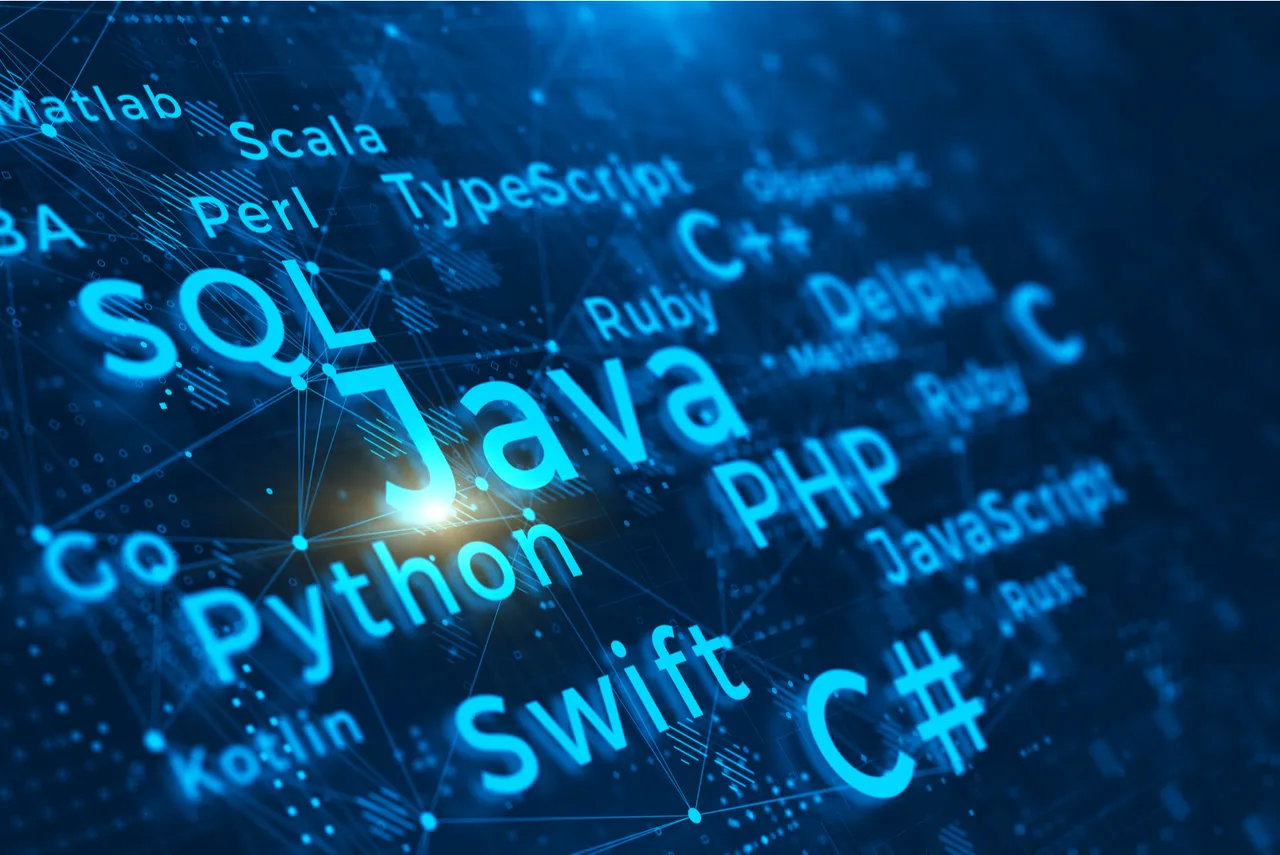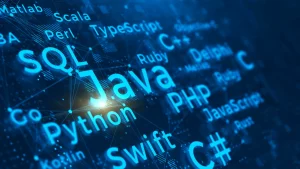Description
Description
Advanced C++ equips you with the confidence to effectively tackle any C++ project. Throughout this course, you’ll gain insights into structuring your code for improved readability, optimizing code for enhanced speed and functionality, and seamlessly integrating and generating libraries.
C++ stands as one of the most prevalent programming languages utilized across a spectrum of domains, ranging from gaming to graphical user interface (GUI) programming and even operating systems. If you aspire to broaden your career prospects, mastering the advanced facets of C++ becomes imperative.
The course commences with an exploration of advanced C++ concepts, aiding you in deciphering the intricate C++ type system and comprehending the compilation process that transforms source code into object code. Subsequently, you’ll delve into identifying the tools necessary to control execution flow, capture data, and manage data transmission. Through the creation of small-scale models, you’ll uncover the utilization of advanced lambdas and captures, and proficiently articulate common API design patterns in C++.
As you progress through subsequent lessons, you’ll delve into strategies to optimize your code, encompassing topics such as memory alignment, cache access, and program execution time. The culminating lesson equips you with insights into maximizing performance by delving into modern CPU branch prediction mechanisms and strategies for rendering your code cache-friendly.
Training Objectives
- Delve into the anatomy and workflow of C++
- Study the pros and cons of different approaches to coding in C++
- Test
- run
- and debug your programs
- Link object files as a dynamic library
- Use templates
- SFINAE
- constexpr if expressions and variadic templates
- Apply best practice to resource management
Course Outline
Lesson 1: Anatomy of Portable C++ Software</p>
<p>Managing C++ Projects<br />
Writing Readable Code<br />
Lesson 2A: No Ducks Allowed – Types and Deduction</p>
<p>C++ Types<br />
Creating User Types<br />
Structuring our Code<br />
Lesson 2B: No Ducks Allowed – Templates and Deduction</p>
<p>Inheritance, Polymorphism, and Interfaces<br />
Templates – Generic Programming<br />
Type Aliases – typedef and using<br />
Class Templates<br />
Lesson 3: No Leaks Allowed – Exceptions and Resources</p>
<p>Exceptions in C++<br />
RAII and the STL<br />
Move Semantics<br />
Name Lookup<br />
Caveat Emptor<br />
Lesson 4: Separation of Concerns – Software Architecture, Functions, and Variadic Templates</p>
<p>Function Objects and Lambda Expressions<br />
Variadic Templates<br />
Lesson 5: The Philosophers' Dinner – Threads and Concurrency</p>
<p>Synchronous, Asynchronous, and Threaded Execution<br />
Review Synchronization, Data Hazards, and Race Conditions<br />
Future, Promises, and Async<br />
Lesson 6: Streams and I/O</p>
<p>File I/O Implementation Classes<br />
String I/O Implementation<br />
I/O Manipulators<br />
Making Additional Streams<br />
Using Macros<br />
Lesson 7: Everybody Falls, It's How You Get Back Up – Testing and Debugging</p>
<p>Assertions<br />
Unit Testing and Mock Testing<br />
Understanding Exception Handling<br />
Breakpoints, Watchpoints, and Data Visualization<br />
Lesson 8: Need for Speed – Performance and Optimization</p>
<p>Performance Measurement<br />
Runtime Profiling<br />
Optimization Strategies<br />
Cache Friendly Code




